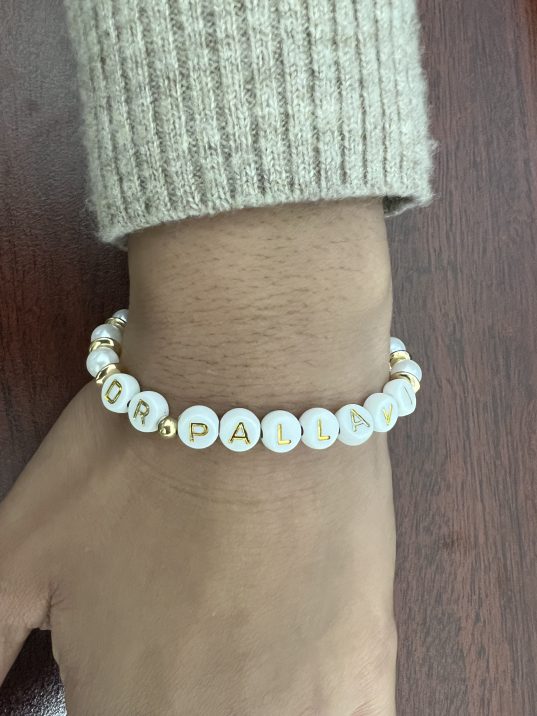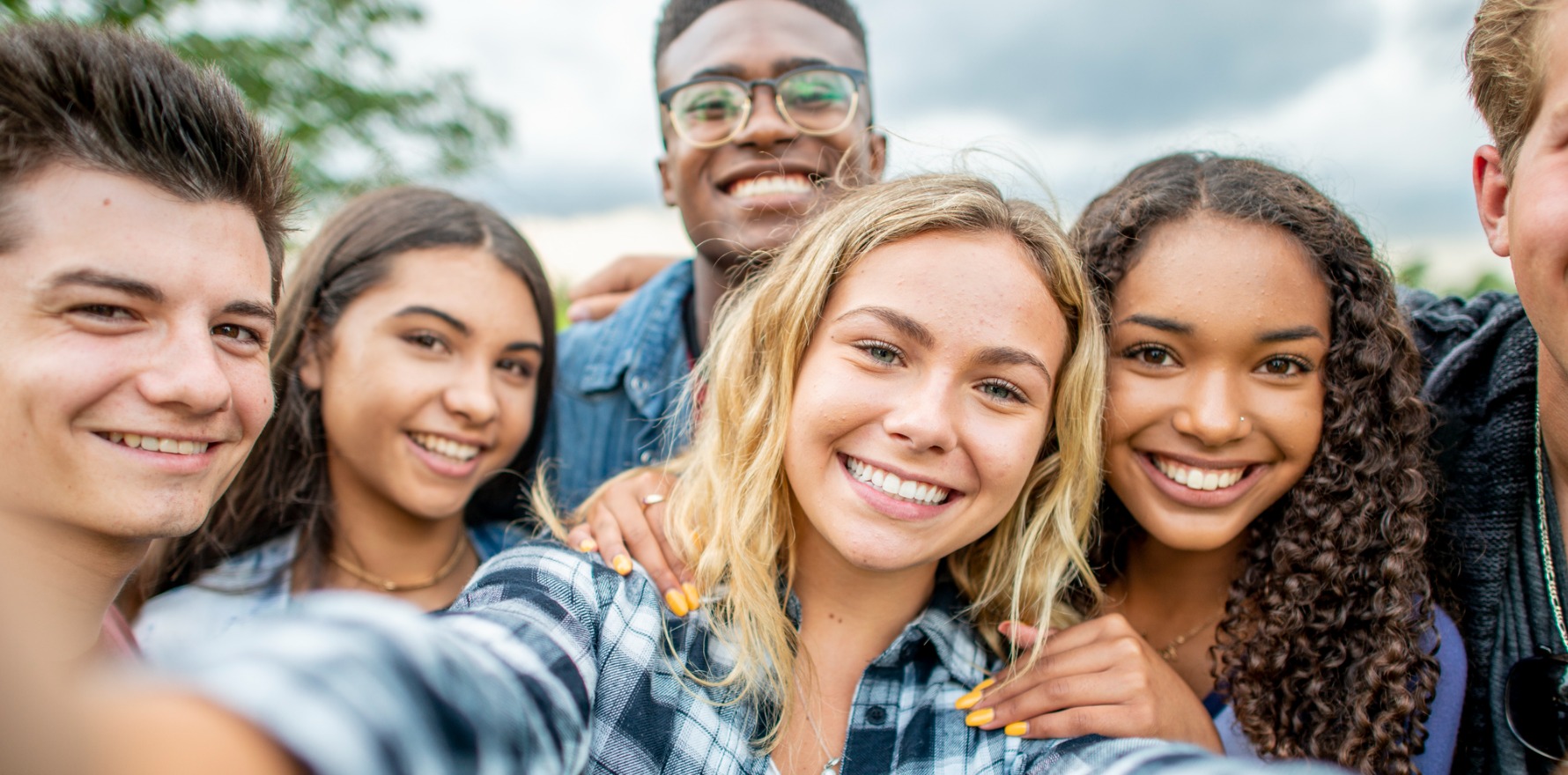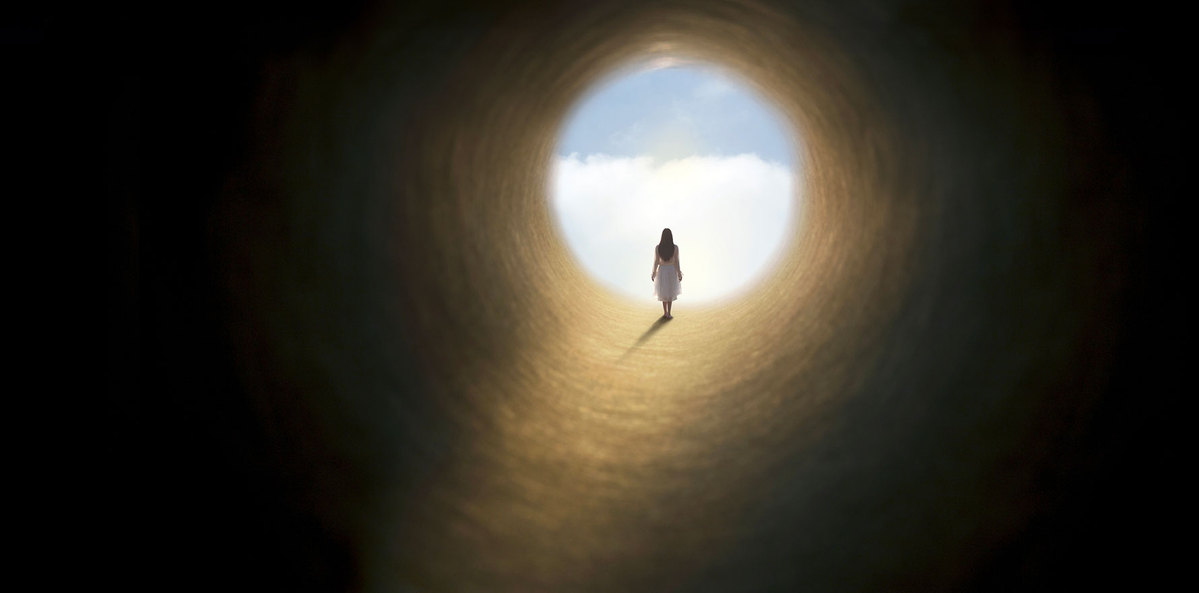Teenagers have a daunting reputation, but most are thoughtful, hopeful, resilient and looking for connection – even with their GP.
I had three interactions this week that made me feel so appreciated and valued as a GP. All of them were with teenagers.
Sometimes, on the bad days – those are inevitable in medicine – when I am overworked and consequently frustrated, I send my apologies for missing yet another dinner, or embarrassed emails to academic colleagues asking for extensions to timelines I can’t meet, or if it’s bad enough start daydreaming about a life outside of general practice. I reassure others that it’s ideation with no intent or plan.
On the good days, which is actually most of them, the idea of abandoning my patients is incomprehensible.
On Sunday morning, my especially busy clinic list was punctuated with one of the loveliest appointments I’ve ever had. I was managing a long-term wound on a 15-year-old girl who I have been looking after since she was seven or eight years old. Before I turned to leave the treatment room, there was a hurried “Pallavi, I have something for you” in her quiet voice. “She made it,” her mum added. My little patient – not so little now – put a white and gold beaded bracelet in my hand. A friendship bracelet with “Dr Pallavi” spelt out in lettered pearl beads. A friendship bracelet.

Firstly, I probably haven’t been given a friendship bracelet in over 25 years and goodness, I was hit with all the emotions of childhood. Secondly, handmade gifts are always the most thoughtful and meaningful to me because there is such vulnerability in them – and can you imagine ever finding a bracelet with my name on it in this country? Most importantly, I can’t get over the thought of this teenager sitting at home making friendship bracelets for her friends and family and suddenly thinking “and I’ll make one for the doctor”.
I put it on and I haven’t taken it off. If you ever meet me or know me, please ask me to show you this bracelet, as I will wear it for as long as I can.
A few days later, I had another heartfelt moment when a paediatrician sent me a letter about a 16-year-old boy I see. His family are all under my care and very well known to me. I have always deeply respected the approach of the mother, in which she regularly sends the three adolescents to their appointments with me alone, usually after school, accompanied by little notes from her to remind the children of important things to let me know. With permission from the kids, I will call her with any important updates, but otherwise usually write a little note back to her, and ensure the teens are understanding and independently accepting of the treatment plan, safety net, and next steps.
I was absolutely delighted to see a note in this paediatrician’s letter: “The patient’s care has largely been managed by the local GP. He has a great relationship with Dr Pallavi and would like her to continue being a large part of the management team.” This didn’t need to be in the letter. This was very intentionally included by a very considerate paediatrician who was a) checking the patient’s community supports and b) reassuring all that he wasn’t going to exclude a trusted GP from the care of this family. This is fantastic team-based medical care. But the best part of this is c) the feedback from the child to the paediatrician about our rapport, and this feedback coming back to me.
Related
It was the same day that I went to a cafe near the clinic to get lunch and was surprised to be greeted by another 17-year-old patient – on her first day of work there. The owner of the cafe knows many of the doctors at the practice and also knows my regular order. He automatically moved to the sandwich counter to prepare mine until a hesitant voice asked if she could make this one instead. “I would love it if you made my sandwich,” I reassured my patient, another child who I have known for almost a decade now and have watched grow and persist through a very difficult life.
The sandwich was beautifully made, carefully wrapped, and handed to me by a teen who was now awkwardly refusing to hold eye contact. By now I’m used to the sometimes odd behaviours of my adolescent patients which eventually make sense, so I paid, said bye and turned to leave when I heard a muttered “I can make your sandwiches if you want”. “I would really love that,” I told her, genuinely meaning it, and I have since continued to wait for her if she’s ever occupied with other customers because I know this is special and important.
When I started in general practice, I dreaded seeing adolescents. I was a studious and quiet teenager; my interests were reading and the school magazine and debating and trying to do well academically. My friends were all quite similar; we weren’t really teenagers who went to parties or had social media or fashionable clothes (that came later). So, as a GP registrar, I was constantly worrying about how to build rapport with teenagers and young people who were nothing like me and had no similar lived experiences or interests. The appointments, I’m sure, were awkward and distant and without the comfort and warmth I have today.
One day, many years ago, I was seeing a 13-year-old, accompanied by her mother who was much closer to me in age and therefore much easier to treat. I had been casually talking to the mum about Spotify at a previous appointment – initially suggestions for short mindfulness programs on the music app, then we derailed into discussing our favourite music. I remember being shocked when, at the later appointment, the teen said “I listened to that band you like. It’s OK.”
It was the first time I realised that the teenagers are actually really easy to connect with; they often just want authenticity and to be included. They’re actually, on the whole, very accepting of differing personalities of adults and while I was nervous and failing to connect, my teen patients were doing all the hard work for our therapeutic relationship. On reflection, if I was 13 and heard a teacher or doctor talk about music they liked, I absolutely would have immediately looked it up, because it would have been a natural way to build connection with an adult figure in my life.
These days, adolescents are my favourite group of patients. They’re often thoughtful and respectful and interesting and bring me things like friendship bracelets. They tell me about their new jobs and what they’re saving money for. They tell me about their new roles as sport captain or their dream car or slang that I intentionally use incorrectly to make them laugh.
I am constantly awed and moved and saddened by the difficulties carried by so many of them; unstable homes and families, abusive caregivers, toxic and callous bullying at school, clipping of their creative wings and unrealistic and unnecessary expectations that, if fulfilled, would lead to an unhappy life. So many have lives that we would not survive as adults. Young people are remarkable and despite the many sh*tbombs that the universe throws at them (their word and sometimes mine), they continue to hope and persist and look for connection everywhere, including with their GP.
My best friend is a paediatrician (and a wonderful one) and tells me often that if he wasn’t a paediatrician, he’d be a GP. I think, if general practice gets a bit too much, I’ll probably go retrain as an adolescent paediatrician.
Dr Pallavi Prathivadi is a Melbourne GP, adjunct senior lecturer at Monash University, 2024 RACGP mentor, and newly appointed member of the Eastern Melbourne PHN Clinical Council. She holds a PhD in safe opioid prescribing and was a Fulbright Scholar at the Stanford University School of Medicine, and previous RACGP National Registrar of the Year.





